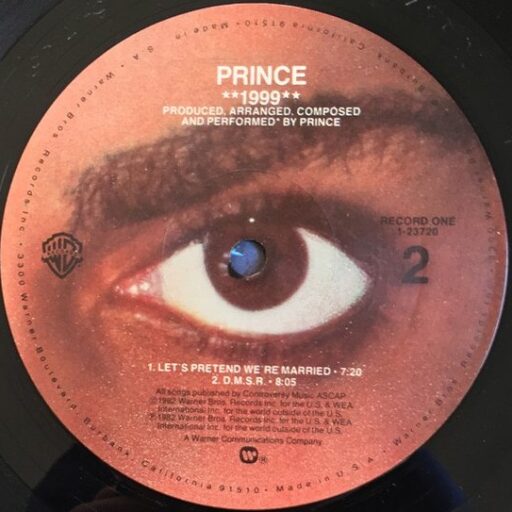Tag: my love is forever
-
My Life with You I Share: An Alternate Timeline Review of For You
The reclusive multi-instrumentalist known only as “Prince” may not be as much of a household name as, say, Shuggie Otis; but to aficionados of 1970s funk and soul, he inspires the kind of reverence normally reserved for the likes of Stevie Wonder.
-
Roundup: For You, 1978
Well, it took a little longer than planned, but we’ve officially finished Prince’s first album! For You was a lot of fun for me to revisit, because like many who got into Prince through his ’80s work, I never really listened to it all that much. It’s still far from my favorite Prince album, but looking at…
-
My Love is Forever
Pleasant and frothy, if not especially memorable, “My Love is Forever” is Prince at his most self-consciously commercial.
-
Baby
Prince’s silky falsetto vocals and baroque musical accompaniment sound straight out of the Philadelphia-based “smooth soul” playbook–with the obvious caveat that, while Philly soul employed teams of session musicians, vocalists, producers, and arrangers, the vast majority of “Baby” was recorded by Prince himself.
